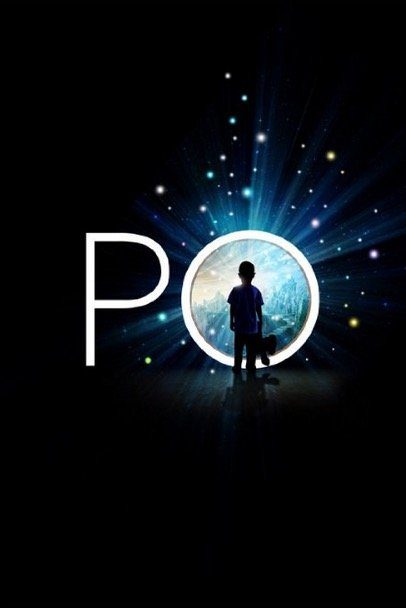
Just How Much Does Screen Time Impact Your Brain Chemistry?
By Movieguide® Contributor
A new study compared brain chemistry when on a screen versus engaging in real life and showed that getting off of our devices allows us to live a fuller life.
The study used an fMRI to reveal which areas of the brain were stimulated when engaging in an activity. The researchers then compared similar activities — such as watching TikTok versus watching a sunset — to reveal how real life is so much more engaging.
When watching TikTok, only a small part of the brain was engaged, with only dopamine being released, whereas watching a sunset activated much more of the brain, releasing dopamine, serotonin, oxytocin and cannabinoids. When texting a friend, the brain releases dopamine and cannabinoids, while hanging out with a friend releases both of those chemicals along with opioids. Scrolling Instagram versus strolling through a park saw the largest difference, as Instagram released dopamine and testosterone, while strolling through a park released dopamine, serotonin, oxytocin, cannabinoids and opioids.
Each of these chemicals plays a vital role in our outlook on life. Dopamine supports “all of our positive emotions, learning and memory formation, and neuroplasticity development.” Serotonin, meanwhile, influences things like learning, memory and happiness. Low levels of it can lead to depression and anxiety, according to the Cleveland Clinic.
Oxytocin, know as the “love hormone,” plays a role in social bonding and building relationships, among other functions.
Matter calls cannabinoids our “friendship neurotransmitters,” while opioids are primarily our physical pain killers but can also “alleviate social or emotional pain.”
READ MORE: DID YOU KNOW THIS ABOUT AMERICANS’ SCREEN TIME HABITS?
“These brain images are based on actual fMRI studies we did on users of the Matter app that mapped where in our brain (and at what intensity) our feel good neurotransmitters are activated,” the researchers explained. “Of course everyone experiences events differently and feels different emotions during different activities.”
The different chemicals released when doing similar activities in real life versus online help explain some of the reason the people find their lives are so much better when they cut their technology use, or forgo it all together. Many teens and young adults who have grown up on technology are shocked at how much different their life feels when they make a positive change in their screen time. While there are other factors as well, this study helps explain some of that improvement.
READ MORE: HERE’S HOW CUTTING SCREEN TIME IN HALF CHANGED ONE TEEN’S LIFE
Questions or comments? Please write to us here.



 – Content:
– Content: 
